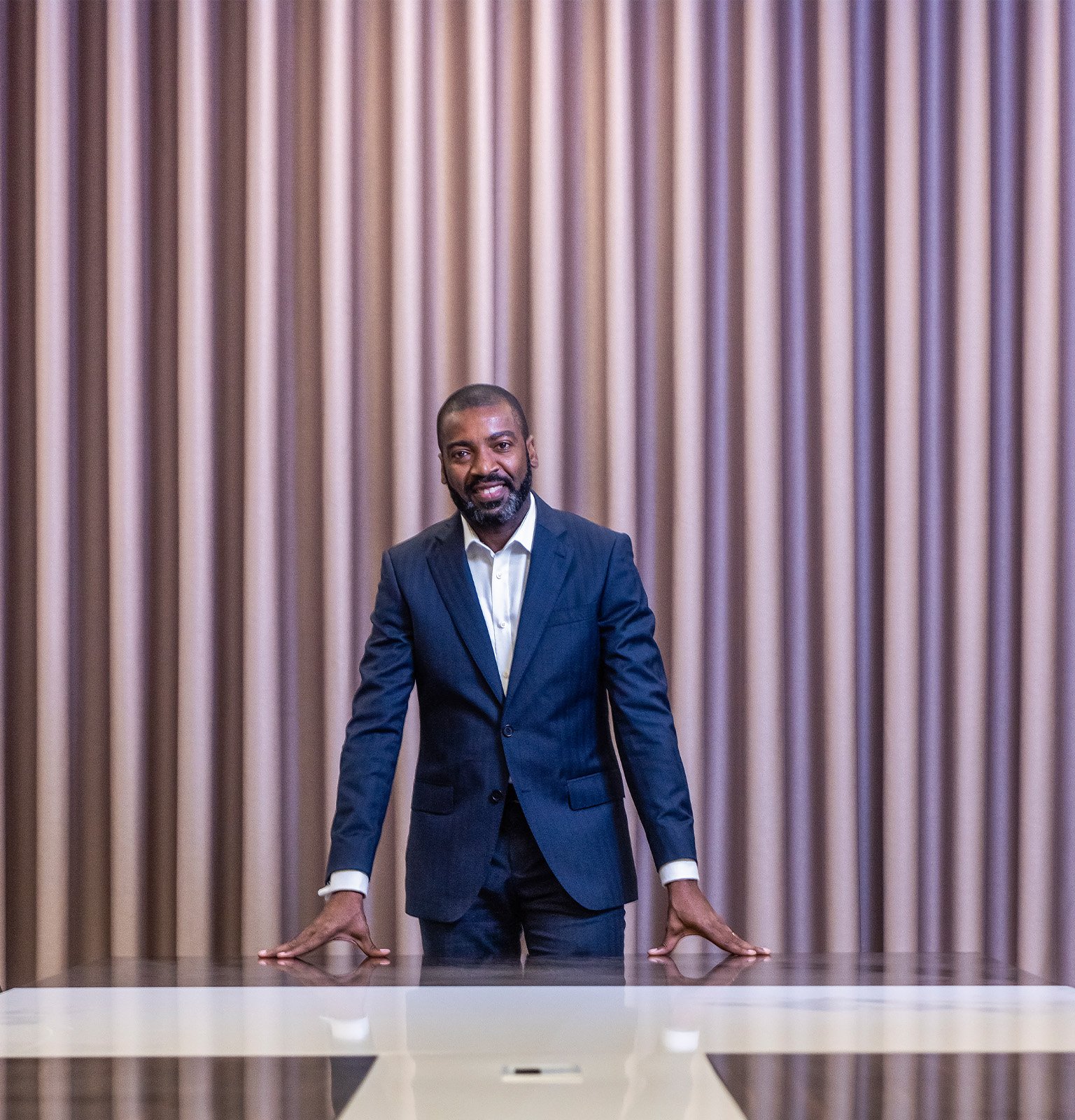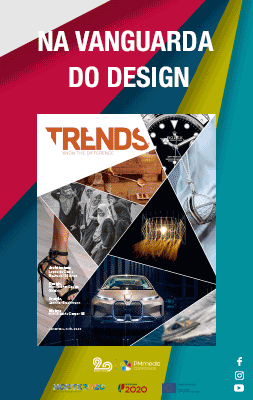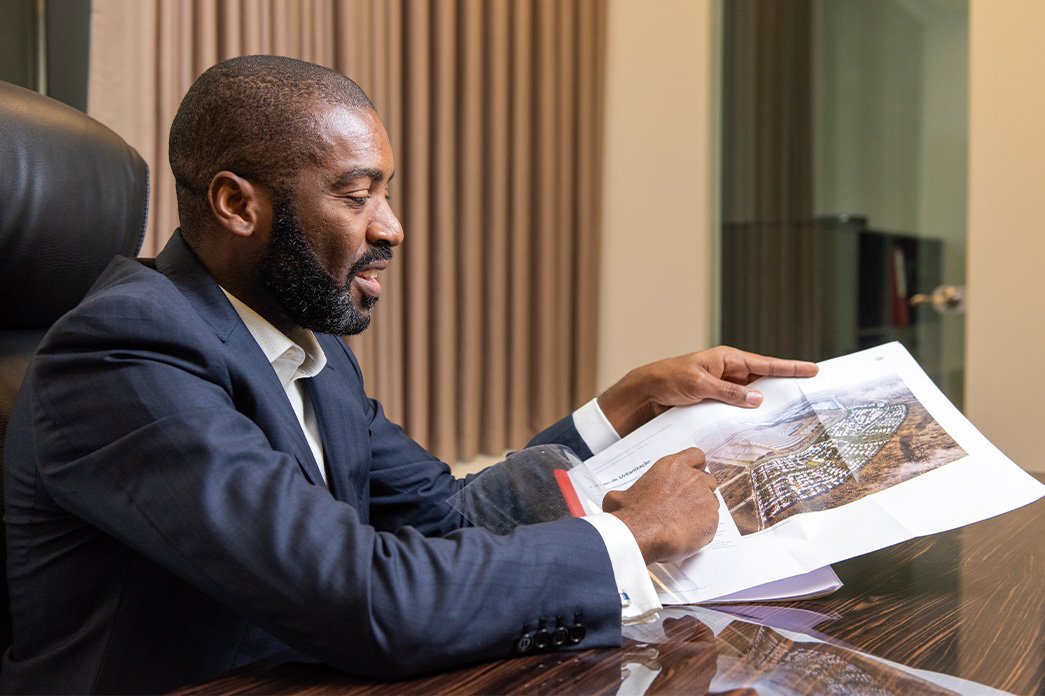«The success of the logistics
process is very dependent on accessibility»
You have accumulated more than 18 years of work
experience.
After a short stint in the
private sector, in the Oil and Gas industry, I spent my working life in the
logistics sector with experience in the maritime, road, rail and air sectors,
always focused on distribution logistics, leading teams at the port of Luanda
for 6 years and at Unicargas for the last 12 years for it to turn into an
integrated logistics operator. During this period I was also able to actively contribute
in regional and international institutions such as the West and Central Africa
Port Management Association, UNCTAD under the Train for Trade project and the World Bank for six years as a
consultant.
Are you
currently experiencing one of the peak moments in your career?
Yes, because I have the mission, honour and pride of leading the team that
will implement the most ambitious logistics project in the country, which is
Angola’s first Free Trade Zone. It is the result of a dream, a vision and a
promising legacy.
You lead the Barra do Dande Integrated Development Free
Trade Zone project (ZFDIBD). How did the idea come about and why in the
province of Bengo?
The idea came about following
the economic vision of the Angolan president, in the sense of creating
strategic national reserves. In other words, we intend to guarantee food
security, fuel security, energy security and the economic and industrial
development of the Dande region, promoting the development of responsiveness to
potential fortuitous phenomena (economic crises, pandemics, etc.), through the
storage of essential products, sufficient to guarantee the regular supply of
the population. The Bengo province was chosen because of its water potential,
its potential for industrial development, as well as the fact that the Dante municipality
is positioned on one of the main road corridors for access and outflow to a
large consumer centre, which is the Democratic Republic of Congo.
What is the strategic relevance of the Free Trade
Zone? What are the social and economic impacts?
The Dande Free Zone
will enable the industrial development of the country, promote the opening to
foreign trade and guarantee the security of strategic reserves. It will be a
driving force for private investment and it will generate many jobs, as well as
promote the training and professional growth of the people, combating social
problems such as regional asymmetries. On the economic side, it will result in
an increase to the import and export flow of goods and the promotion and
development of different services in the country, as a result of its multiplier
effect.
Does the DIDFTZ
mark the opening to global routes?
Yes, as we are determined to
develop a Free Trade Zone on a global level, structured to attract investors
with a focus on exports, as well as contributing to the supply chain, with
production for markets in Africa and Europe.
What is the envisaged target regarding the
contribution to the country’s Gross Domestic Product?
Considering the volume of
investment projected for the development of the Free Trade Zone and its
respective business volume, we expect a contribution of around 1,5% to Angola’s
Gross Domestic Product after the conclusion of Phase I.
Will the project act as a catalyst for Angola’s
business fabric?
Yes. The legislation and
regulation framework of Free Trade Zones presents a set of special regimes, tax
benefits and administrative facilities that aim to offer better investment
conditions to private investors, who, in turn, will attract investors that
until now did not consider Angola a country with attractive and competitive
investment conditions. Unquestionably we will see our industrial sector grow
and, consequently, a stronger and more present business fabric in our economy.
«We expect a contribution of
around 1,5% to Angola’s Gross Domestic Product»






